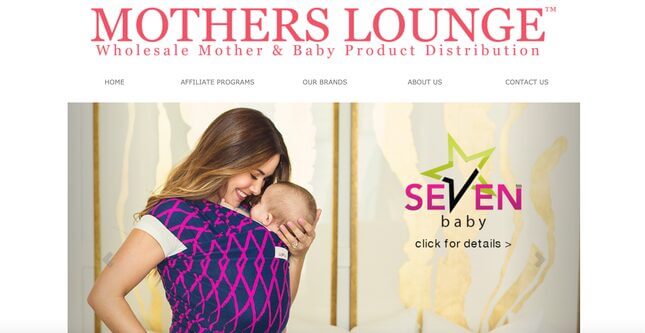Here's How Not to Market Your Baby Products
Latest

I am no expert in marketing or promotion, but it seems to me like an unwise campaign for a mother and baby product retailer is to send a bunch of random people cards congratulating them on their pregnancies without confirming the recipients are indeed pregnant. It seems even more unwise for said company to pose as a fake friend sending these people—who, again, may or may not actually be pregnant—a bunch of baby-related gift cards that aren’t really gift cards at all. But, hey, as I said, I’m no expert!
According to the New York Times, one company did not heed my non-expert backseat hindsight advice and did, in fact, enact a marketing blitz that included sending thousands of women, many of whom were not pregnant, cards and gift certificates congratulating them on said fictional pregnancies.
-

-

-

-

-

-

-

-

-

-

-

-

-

-

-

-

-

-

-

-

-

-

-

-

-

-

-

-

-

-

-

-

-

-

-

-

-

-

-

-








































